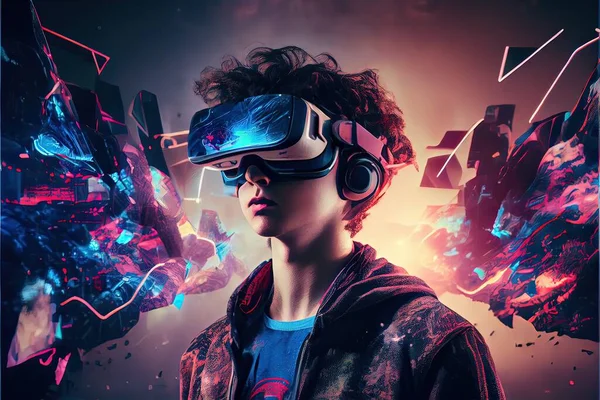In recent years, the integration of Artificial Intelligence (AI) technology into video games has transformed the gaming landscape, offering players experiences that were once unimaginable. From enhancing non-player character (NPC) behavior to revolutionizing procedural content generation, AI has become a cornerstone in modern game development. This article delves into the multifaceted ways AI is utilized in video games and its impact on gameplay and immersion.
NPC Behavior and Interaction
One of the most significant applications of Artificial Intelligence (AI) in video games is the creation of lifelike NPC behavior and interaction. Gone are the days of predictable, scripted movements; AI algorithms now empower NPCs to adapt to dynamic environments and player actions. Advanced techniques such as machine learning enable NPCs to learn from player behavior, leading to more realistic and immersive interactions. Whether it’s simulating human-like conversation or reacting to in-game events, AI-driven NPCs contribute to the depth and richness of virtual worlds.
Procedural Content Generation (PCG)
Artificial Intelligence (AI) algorithms play a pivotal role in procedural content generation, a technique used to create vast and diverse game environments. By leveraging AI, developers can generate terrain, levels, and even entire game worlds algorithmically, saving time and resources while offering limitless possibilities to players. From crafting realistic landscapes to designing intricate dungeons, AI-driven PCG ensures that no two playthroughs are the same, enhancing replayability and longevity.
Adaptive Difficulty Systems
Artificial Intelligence (AI) -powered adaptive difficulty systems dynamically adjust the game’s challenge level based on the player’s skill and performance. By analyzing player behavior in real-time, these systems can seamlessly tailor the gameplay experience, ensuring that players are consistently engaged and challenged. Whether it’s adjusting enemy strength, altering puzzle complexity, or modifying mission objectives, AI-driven adaptive difficulty systems strike a delicate balance between accessibility and challenge, catering to players of all skill levels.
Smart Camera Systems
Artificial Intelligence (AI) -driven smart camera systems enhance the player’s perspective by intelligently framing the action and highlighting key moments. By analyzing the game environment and character movements, these systems dynamically adjust camera angles and focus, creating cinematic experiences that rival those of blockbuster films. Whether it’s capturing epic battles or dramatic cutscenes, AI-powered smart cameras immerse players in the game world, offering unparalleled levels of visual storytelling and immersion.

Conclusion
The integration of Artificial Intelligence (AI) technology into video games represents a paradigm shift in game development, offering unprecedented levels of immersion, interactivity, and replay value. From lifelike NPC behavior to procedurally generated worlds, AI-driven systems continue to redefine the boundaries of virtual storytelling and gameplay. As technology advances and AI algorithms become more sophisticated, the future of gaming holds endless possibilities, promising experiences that are more immersive, engaging, and unforgettable than ever before.





















+ There are no comments
Add yours